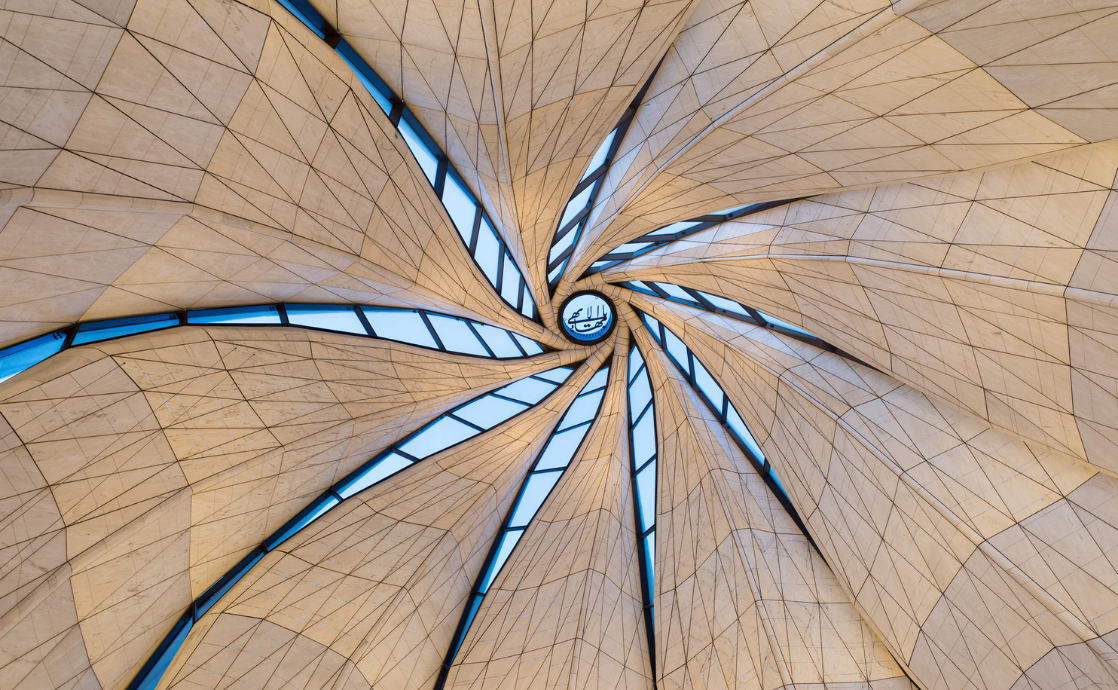When delving into the Bahá’í Faith, one encounters a tapestry of beliefs and principles that may initially seem esoteric or enigmatic. Unfortunately, these complexities often give rise to misconceptions. This examination aims to elucidate some of the most pervasive misunderstandings surrounding the Bahá’í Faith, fostering a deeper comprehension and encouraging a shift in perspective among readers.
The first commonly held misconception is that the Bahá’í Faith is merely a sect of Islam. While Bahá’ís recognize the significance of Muhammad and the Quran, their belief system transcends the boundaries of any single religious tradition. Founded in the mid-19th century by Bahá’u’lláh, the Faith positions itself as a continuation of the divine revelation that has unfolded throughout history, introducing a paradigm that embraces the teachings of previous prophets while aspiring towards unity among all religions. In essence, it is critical to appreciate the Bahá’í Faith not as an appendage of Islam but as a distinct and comprehensive worldview.
Another prevalent misapprehension is that Bahá’ís do not engage in religious practices or rituals. Contrary to this assumption, the Bahá’í Faith comprises a rich array of observances, including daily prayers, fasting, and participation in community gatherings known as “Feasts.” These practices serve not only to deepen personal spirituality but also to strengthen communal bonds and underscore the importance of collective worship. Moreover, abstaining from rituals erroneously simplifies the profound significance that Bahá’ís attribute to personal and communal devotion.
The belief that the Bahá’í Faith espouses a singular authoritarian structure is also a critical misunderstanding. In reality, the administrative order of the Bahá’í community is characterized by a unique form of governance that is consultative and elective. Decisions are made through a process of collective deliberation rather than top-down imposition by clerics or a central authority. This democratic ethos reflects the Bahá’í commitment to unity and is designed to allow the diverse voices within the community to contribute to its direction.
Additionally, many harbor the notion that Bahá’ís are exclusivist in their worldview. On the contrary, one of the primary tenets of the Bahá’í Faith is the principle of the oneness of humanity. This inclusive philosophy extends to recognizing the validity of all major world religions, positing that each has revealed truths relevant to their context. Consequently, Bahá’ís are encouraged to respect and engage with individuals of all faiths, recognizing the shared spiritual heritage that binds humanity together. Misunderstanding this tenet can lead to perceptions of isolationism, which fundamentally contradicts the essence of Bahá’í belief.
Another misconception involves misconceptions about the role of women in the Bahá’í community. Detractors often portray the Faith as archaic, particularly regarding gender equity. However, the Bahá’í teachings are staunchly pro-feminist, emphasizing the equality of men and women as a foundational principle. Bahá’u’lláh explicitly stated that gender parity is essential for the social advancement of humanity. Furthermore, women hold leadership roles within the community, contributing to its governance and decision-making processes. This progressive stance on gender issues is often overlooked, fostering an inaccurate narrative that undermines the Faith’s genuine commitment to equity.
Many also erroneously believe that Bahá’ís reject familial or societal structures. On the contrary, the Bahá’í Faith places immense value on family life and societal harmony. The teachings advocate for the nurturing of strong familial relationships, filled with love, understanding, and mutual respect. The emphasis on education and the betterment of society underscores the responsibilities Bahá’ís embrace within their communities. Thus, the Faith actually promotes a balanced life that honors both individual spirituality and communal responsibility.
The assertion that Bahá’ís abandon their cultural identities upon conversion is another fallacy. The Faith profoundly encourages individuals to draw upon their cultural heritage and infuse it with Bahá’í principles. Bahá’ís believe that cultural diversity enriches the global tapestry and affirms the importance of local traditions. This harmonious integration fosters an environment where differing customs can coexist, thereby enhancing the unity envisioned by Bahá’u’lláh.
Moreover, there exists a misconception regarding the eschatological views within the Bahá’í Faith. Some may perceive it as a monolithic narrative centered solely on Bahá’u’lláh’s prophecies regarding the future. However, Bahá’í eschatology emphasizes a process of spiritual evolution rather than a predetermined endpoint. The Faith elucidates the incremental progression of humanity towards unity and peace, wherein each individual plays an instrumental role in manifesting the divine qualities of justice, compassion, and cooperation.
In summary, the kaleidoscope of misconceptions surrounding the Bahá’í Faith obscures its true essence and complexities. By dispelling these misunderstandings, one can embark on a journey to appreciate the forthcoming principles of unity, equality, and service that are paramount within the Faith. Cultivating a deeper understanding promises to shift perspectives and pique curiosity, inviting meaningful dialogue and contemplation on the rich tapestry of beliefs that constitute the Bahá’í Faith.
